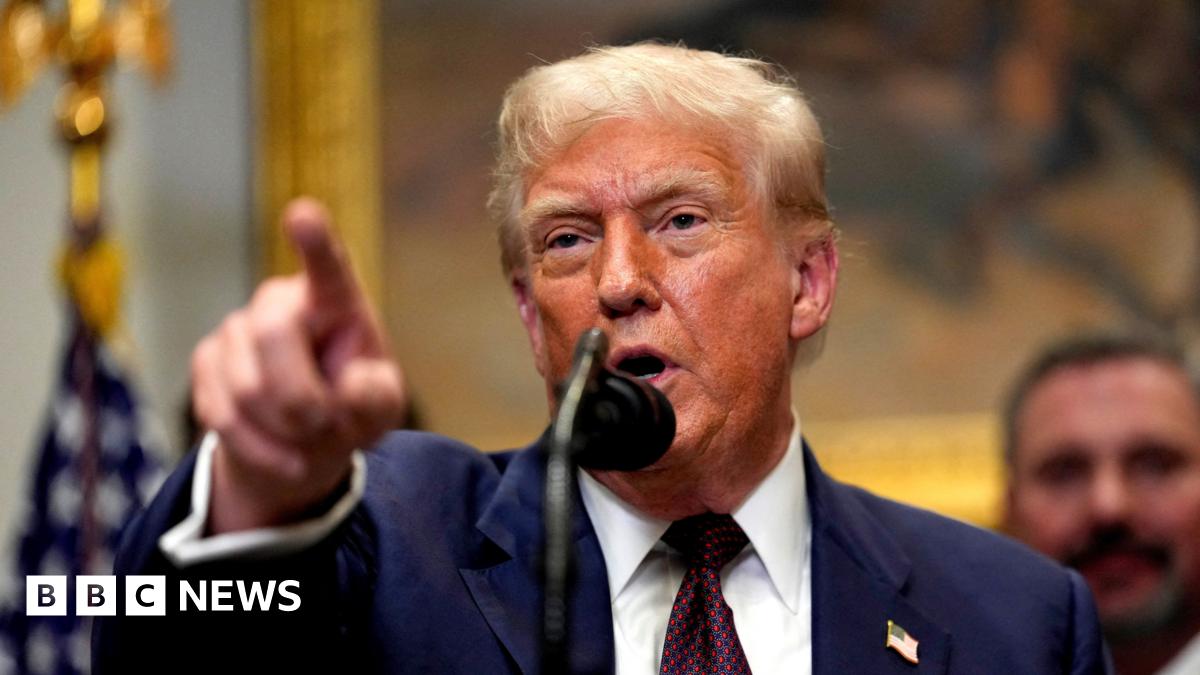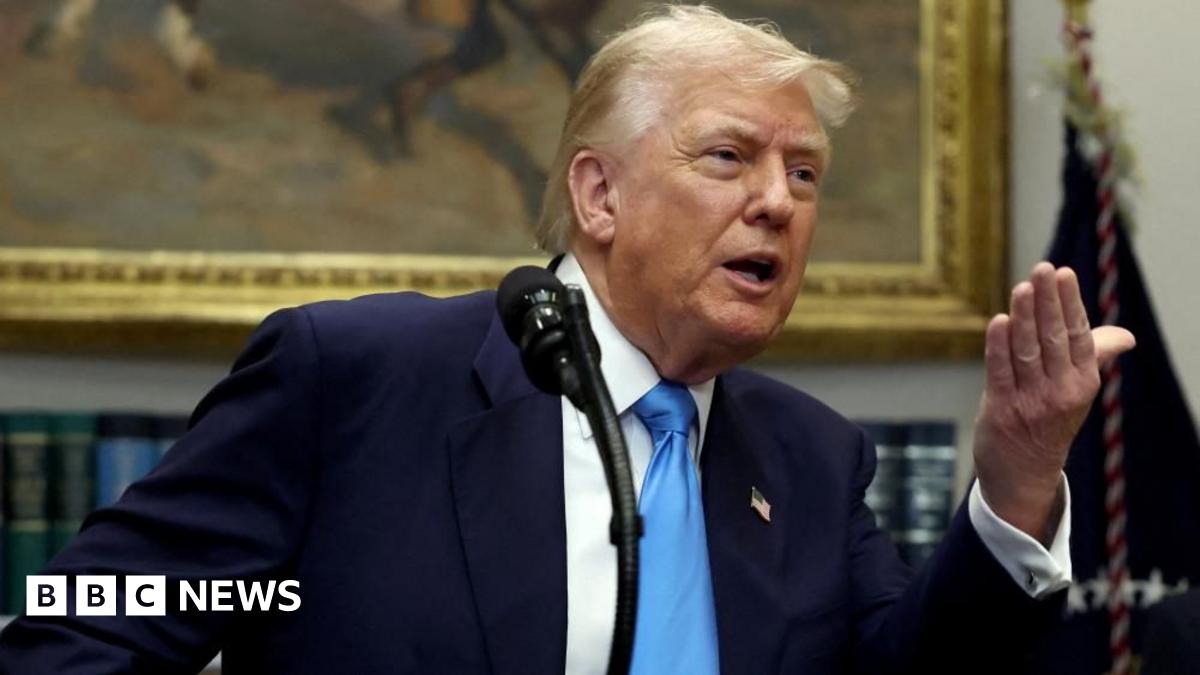What Happened
On the day of the latest U.S. jobs report, the stock market opened lower, reflecting investor concerns following President Donald Trump’s announcement of increased tariffs on over 90 countries. The tariffs, which included a hike from 25% to 35% on Canadian imports and a 50% levy on Brazil, were seen as a continuation of Trump’s aggressive trade policy that has been in place since April. This announcement coincided with a report from the U.S. Department of Labor indicating a significant slowdown in job creation, with only 73,000 jobs added in the previous month, a stark contrast to earlier expectations.
The job growth data for May and June was also revised downward, raising alarms among economists about the potential impact of tariffs on the U.S. economy. The unemployment rate ticked up slightly to 4.2% from 4.1%, although it remains historically low. The combination of these factors has led to increased scrutiny of Trump’s trade policies and their effects on the labor market.
Key Details
- Tariff Increases: President Trump announced new tariffs that raised rates on Canadian imports from 25% to 35% and imposed a 50% tariff on Brazilian goods. Most Canadian goods remain exempt due to the United States-Mexico-Canada Agreement (USMCA).
- Job Creation Data: The U.S. added only 73,000 jobs in the most recent report, with significant downward revisions for the previous months. This slowdown in hiring is attributed to uncertainty caused by the tariffs.
- Market Reaction: Following the tariff announcement and the jobs report, major U.S. stock indexes, including the Dow Jones Industrial Average and the S&P 500, opened approximately 1% lower. This decline mirrored similar drops in European and Asian markets.
- Unemployment Rate: The unemployment rate rose slightly to 4.2%, but this remains low by historical standards.
Multiple Perspectives
The response to the tariffs and the jobs report has been mixed. Supporters of Trump’s trade policies argue that tariffs are necessary to protect American manufacturing and reduce trade deficits. U.S. Trade Representative Jamieson Greer stated that tariffs are a tool of trade policy aimed at benefiting the country.
Conversely, critics argue that the tariffs are detrimental to the economy, leading to higher prices for consumers and a slowdown in job growth. Economic analysts have pointed out that the tariffs may be causing businesses to halt hiring and investment due to uncertainty. Jeff Moon, a former assistant U.S. trade representative, noted that American consumers and businesses are likely the biggest losers from these tariffs, as they ultimately bear the costs.
Additionally, there are concerns about the long-term implications of these tariffs on the U.S. economy. While some economists believe that the tariffs could lead to increased prices for consumers, others argue that the full impact has yet to be felt, as it can take time for tariff costs to trickle down through the supply chain.
Context & Background
The recent developments are part of a broader context of U.S. trade policy under the Trump administration, which has emphasized reducing trade deficits and protecting domestic industries. The administration’s tariffs have been met with mixed reactions, with some sectors benefiting from protectionist measures while others, particularly those reliant on imports, face challenges.
Historically, the U.S. has maintained relatively low tariff rates, but recent changes have pushed rates to their highest levels since the 1930s. The implications of these tariffs extend beyond immediate economic indicators, as they may influence international trade relationships and domestic economic stability.
The jobs report is particularly significant as it reflects the health of the U.S. economy, which has been a focal point for the Trump administration. A slowdown in job creation could have political ramifications, especially as the administration approaches upcoming elections.
What We Don’t Know Yet
While the immediate effects of the tariffs and the jobs report are becoming clearer, several uncertainties remain. It is still unclear how businesses will adjust to the new tariff landscape and whether the job market will stabilize or continue to weaken in response to these policies. Additionally, the long-term effects of the tariffs on inflation and consumer prices are not yet fully understood, as many economists suggest that the true impact of these measures may take time to manifest.
Furthermore, the potential for negotiations or changes in trade policy remains open, and how other countries will respond to the U.S. tariffs could also shape future economic conditions. As the situation evolves, ongoing analysis will be necessary to gauge the full implications of these developments on the U.S. economy and labor market.





